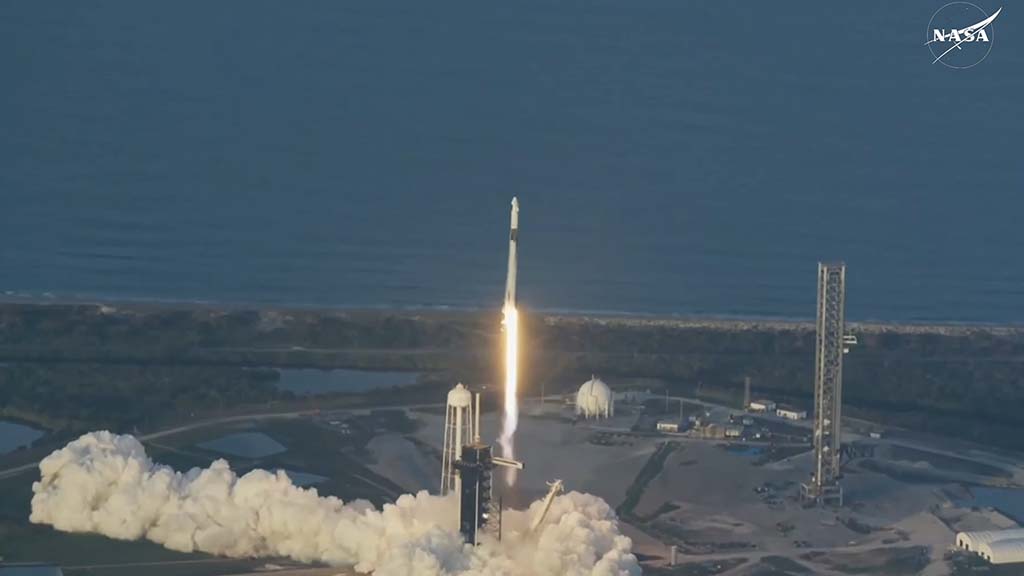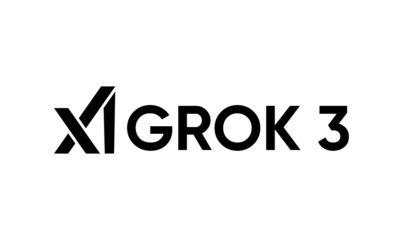SpaceX
SpaceX launches Crew-10 astronaut mission to Space Station

On March 14, 2025, SpaceX and NASA launched a Falcon 9 rocket to the International Space Station carrying Crew-10 Dragon spacecraft including four astronauts.
The rocket lifted off from NASA’s Kennedy Space Center in Florida and employed a first stage, completing its second flight, which landed vertically on Landing Zone 1 at Cape Canaveral Space Force Station.
On the other hand, the Dragon spacecraft previous flew NASA’s Crew-3, Crew-5,and Crew-7 missions. Crew-10 is the 10th crew rotation SpaceX mission and its 11th human spaceflight under NASA’s commercial crew program.
The four astronauts are Anne McClain, Nichole Ayers, JAXA (Japan Aerospace Exploration Agency) astronaut Takuya Onishi, and Roscosmos cosmonaut Kirill Peskov.
After orbit insertion, SpaceX mission control and the on-board crew will monitor the spacecraft through a series of maneuvers to reach the forward-facing port of the Space Station’s Harmony module. The docking scheduled to happen on next day.
The Crew-10 will receive a welcome from the stationed astronauts, followed by a handover period of science and maintenance activities with the departing Crew-9 members.
After that, Astronauts, Nick Hague, Suni Williams, Butch Wilmore and Roscosmos cosmonaut Aleksandr Gorbunov will undock the spacecraft and return to Earth. NASA and SpaceX will continue to monitor the weather and splash zone before undocking the spacecraft from the space station for a safe splashdown.

Source – NASA
Experiments
During the course of their stay at the Space Station, Crew-10 will perform more than 200 scientific as well as technological experiments.
That includes new scientific research to prepare for human exploration beyond low Earth orbit for space travel. These will also aim to conduct material flammability tests for future spacecraft designs and improve instruments for future moon missions.
(source)












